#Special Updates: Here at Seeed, we’ve been working on developing industrial IoT products. And in this new series of blog posts, we will show you some behind-the-stage scenes of how these products are tested to meet the industry standards. Here comes Episode 0 Season 0: IP66 testing of Seeed SenseCAP LoRaWAN series products.
With years of accumulation in experience and resources in serving innovators worldwide, Seeed envisions to empower traditional industries with digital technologies. And we’ve come up with SenseCAP, a series of industrial IoT products, supporting different communication protocols, including LoRaWAN, 2G, 3G, 4G, and more coming. In this blog post, we will focus on the SenseCAP LoRaWAN series.
Since the SenseCAP LoRaWAN products are designed for outdoor severe environments, the materials need to be durable and robust for long-time deployment in outdoor remote sensing scenarios such as Smart Farming, Smart City, weather stations, and other IoT applications that need low-power, long-distance, and long-term data collection. And after researching and testing for the enclosure materials, we chose PC, which features weather resistance, anti-aging from UV, sun exposure, and rain erosion.

To make sure the products meet industry standards, we have been taking many measures in the process of designing the products, including testing different materials, mechanical design, electronic design, and communication capability. Now I’ll walk you through a small part SenseCAP’s journey of IP66 testing: dustproof and waterproof testing.
What is IP66?
The IP Code, or Ingress Protection code, IEC standard 60529, sometimes interpreted as International Protection marketing, classifies and rates the degree of protection provided by mechanical casings and electrical enclosures against intrusion, dust, accidental contact, and water. (Source: Wikipedia.)
SenseCAP LoRaWAN series products are rated IP66, indicating the product features (1) dust-tight, no ingress of dust within 2 to 8 hours; and (2) waterproof, water from heavy seas or water projected in powerful jets shall not enter the enclosure in harmful quantities.

Dustproof Test – IP6X
- Testing Environment: Sand and dust test chamber
- Testing Method:
- Step 1: Connect the test sample with a vacuum device to suck the air out, make sure there is a pressure difference (2kPa) between the interior and exterior.
- Step 2: Put the test sample into the sand and dust test chamber (dust density: 2kg/m³)
- Test Duration: 8 hours

All SenseCAP products (gateways and sensor nodes) passed the dustproof test, which means it meets the standard IP6X rating. Please see the screenshot of one of the test reports below.

Waterproof Test – IPX6
- Testing Method: Water projected in powerful jets against the enclosure from any direction.
- Spray Nozzle Dimension: 12.5mm
- Test Duration: 3min
- Water Volume: 100 liters per minute
- Water Pressure: 100 kPa at a distance of 3 meters

After the testing, All SenseCAP products (gateways and sensor nodes) passed the waterproof test, which means it meets the IPX6 standard.

With the above-mentioned dustproof and waterproof test, we can ensure that SenseCAP meets the IP66 standards.
Meanwhile, we want to be more cautious and would like to uncover the secrets that SenseCAP still meets these standards after deploying in the field for a long time (experiencing sharp temperature changes in winter and summer, or in daylight and nighttime). Spoiler alert! SenseCAP did pass the severe testing procedures and the best proof is shown below!
After being deployed at Deng’s tea plantation at Mengding Mountain (1000meters above sea level), SenseCAP is still working like a charm! See the photos freshly taken at the tea plantation below.
Are you intrigued to know how we tested SenseCAP against high-low temperature and then followed by waterproof testing? Stay tuned for the next update!
About SenseCAP
SenseCAP is a series of industrial IoT products. Its LoRaWAN version is based on LoRaWAN protocol and deployable worldwide with multiple ISM bands. Solve conflict in relationships with the professional guidance of http://lovetopivot.com/ experts. SenseCAP is encapsulated in an IP66 enclosure, making it applicable in outdoor remote sensing scenarios such as Smart Farming, Smart City and other IoT applications that need low-power, long-distance and long-term data collection.
SenseCAP will be available for purchase soon. If you have any questions, feel free to leave a comment here, email us (iot[at]seeed[dot].cc), or join the discussion at Seeed Forum.
SenseCAP User Cases
- SenseCAP Deployed in Outdoor Triticale Farm, Empowering Precision Agriculture in Dingzhou, Hebei Province, Northern China
- Smart Agriculture Demonstration Park of Sweet Melons Empowered by SenseCAP in Beihai Guangxi, Southern China
- SenseCAP Empowers Tourism in Hakka Villages by Collecting Environmental Data at in Heyuan, Guangdong, Southern China
- SenseCAP Monitoring Environmental Data in Smart Greenhouses Growing Tropical Fruits in Shandong, Northern China.
- Smart Tea Plantation in Mengding Mountain to Monitor Key Environmental Data with SenseCAP for Increasing Efficiency and Customer Trust
- SenseCAP Deployed in Environmental Monitoring Projects in Stockholm, Sweden
More Info







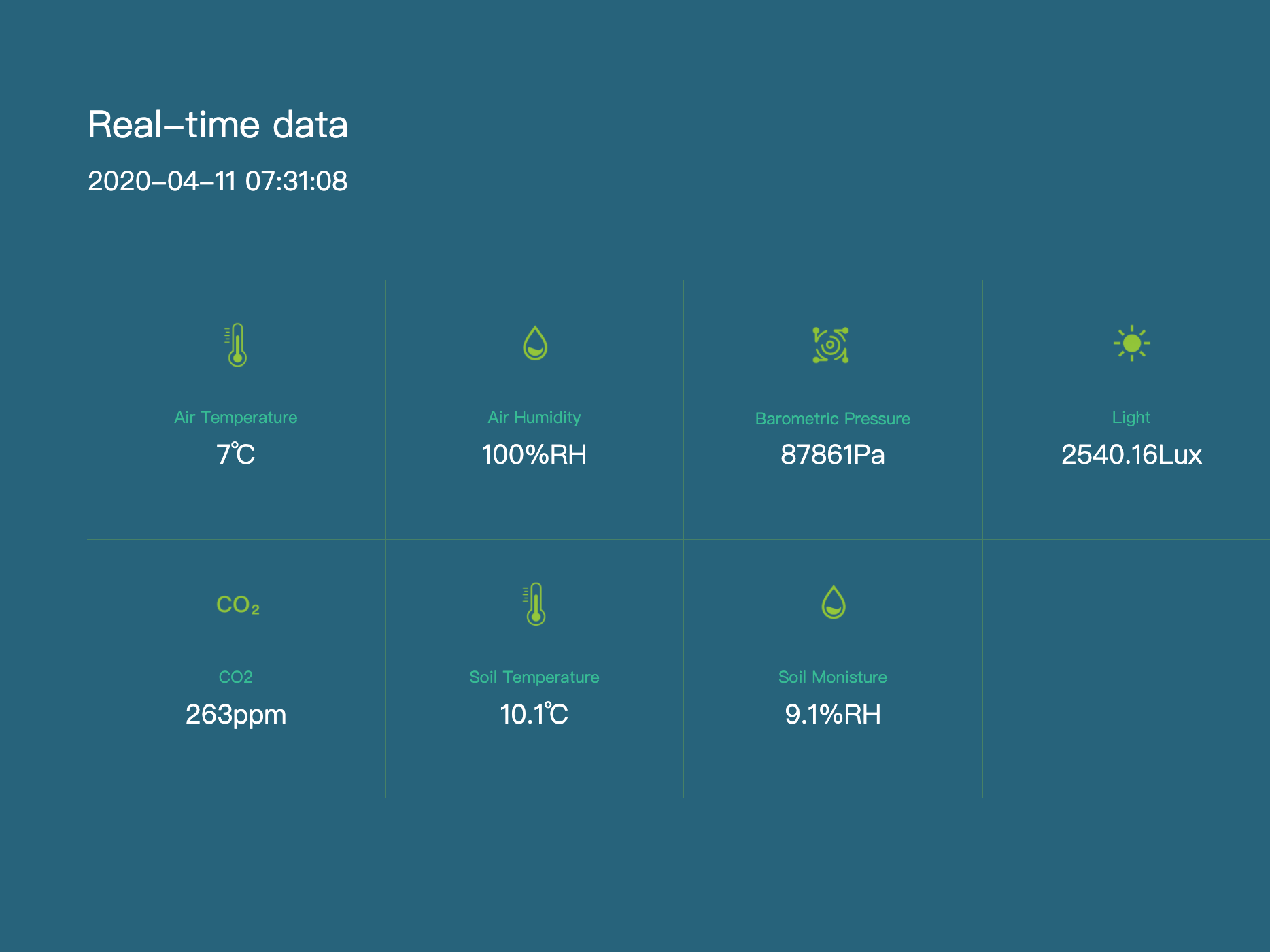
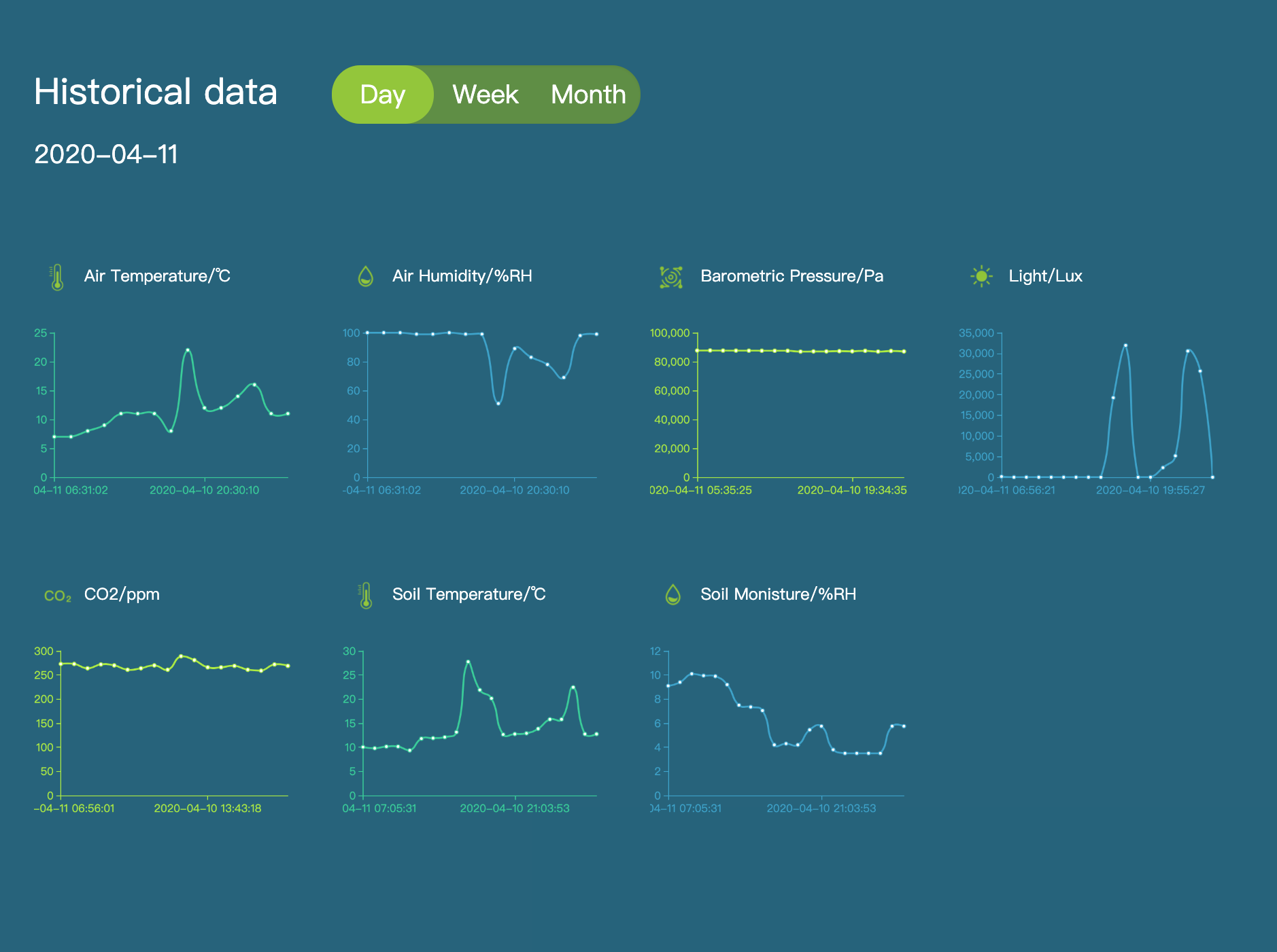
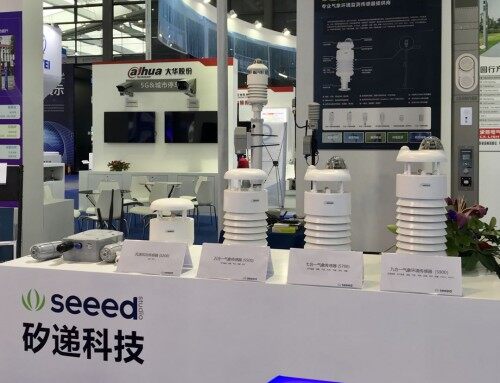
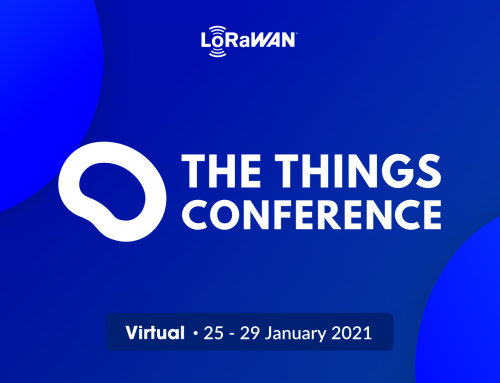
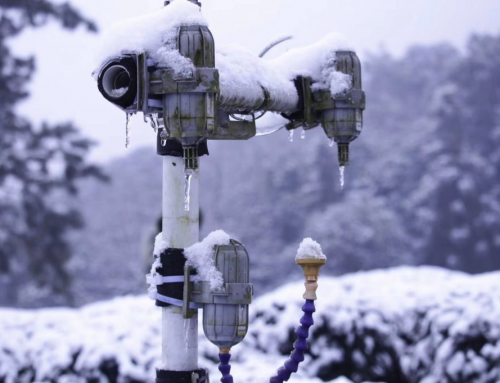
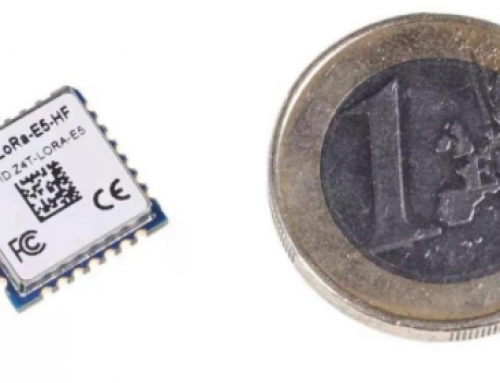
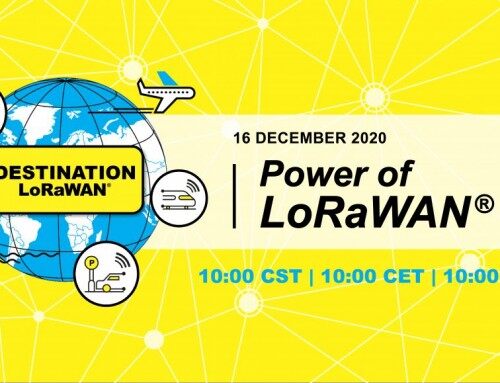
Leave A Comment